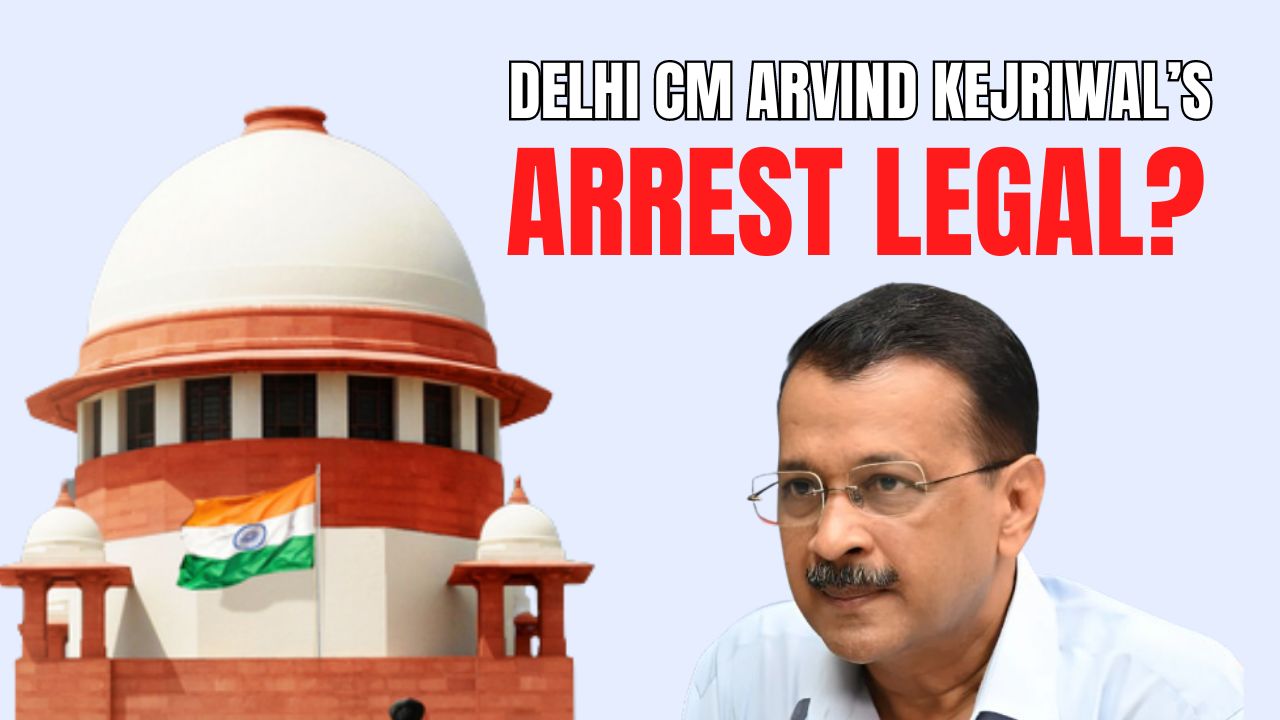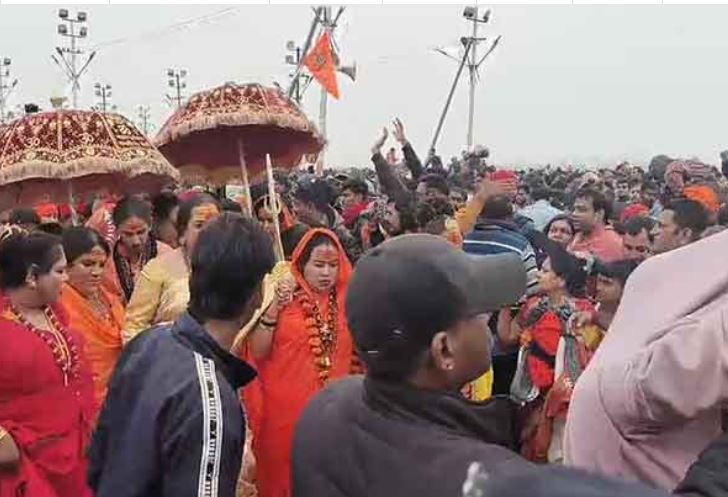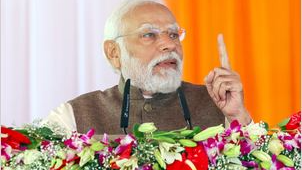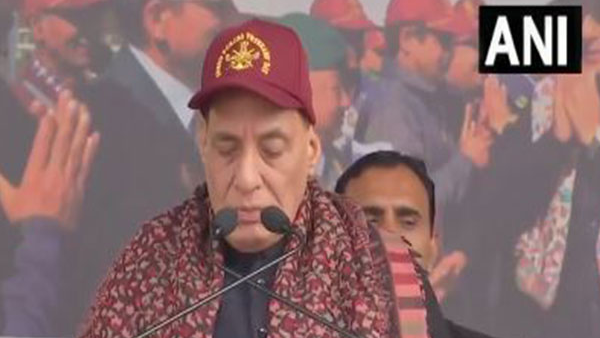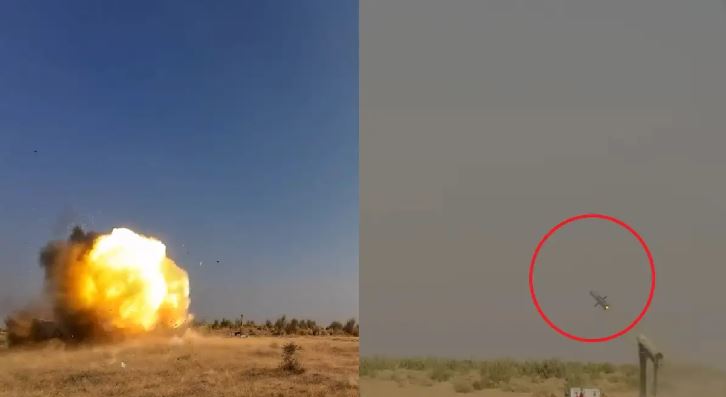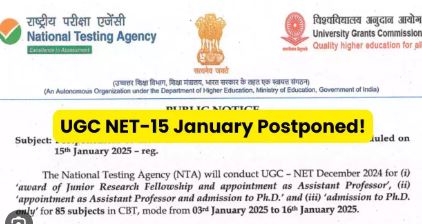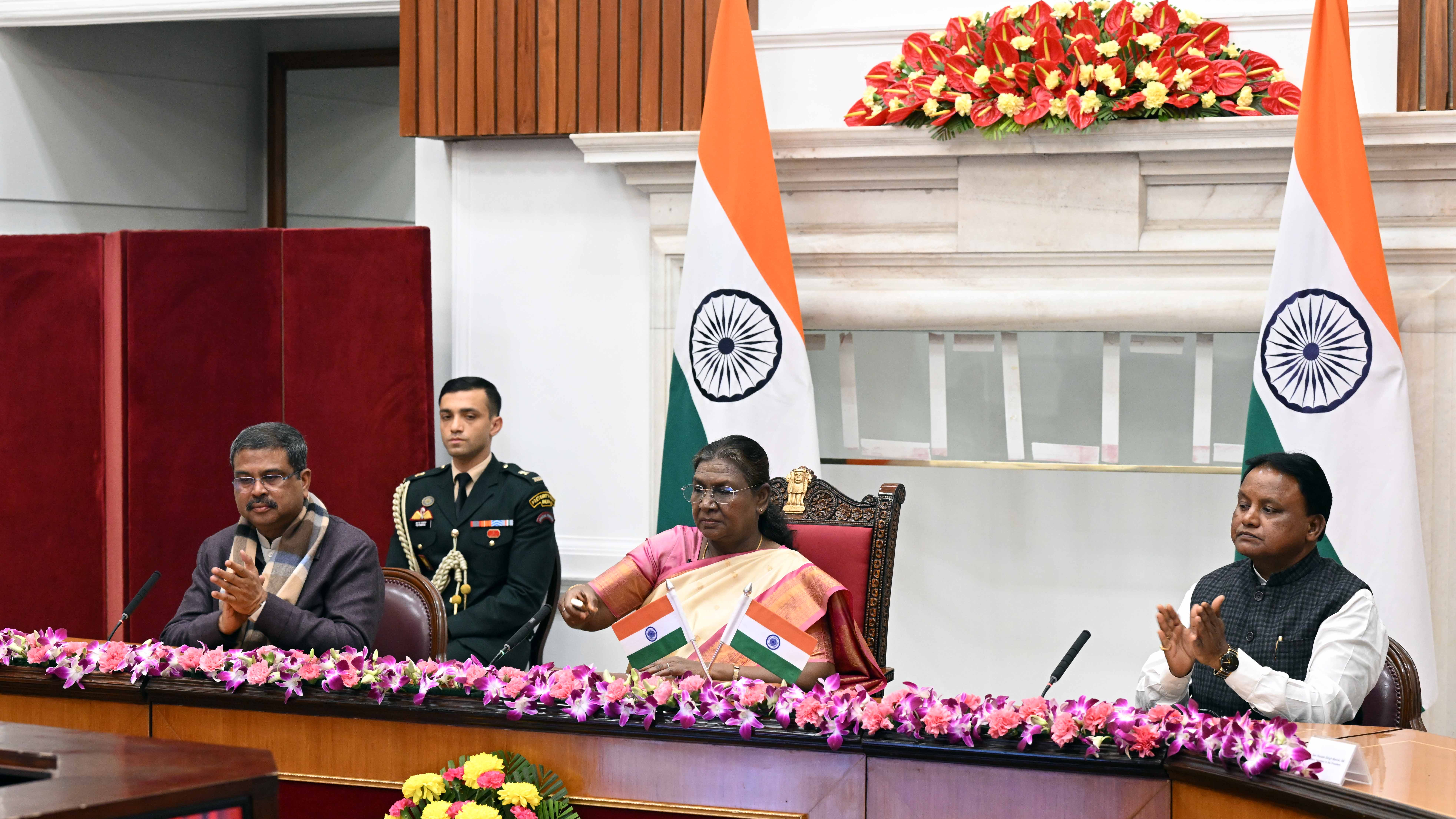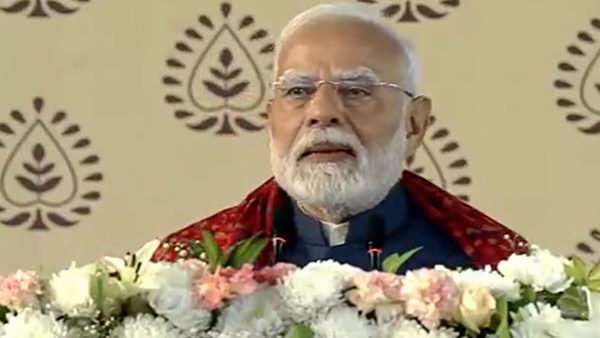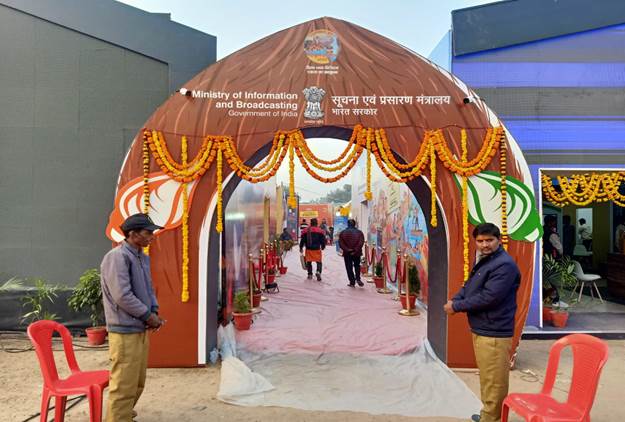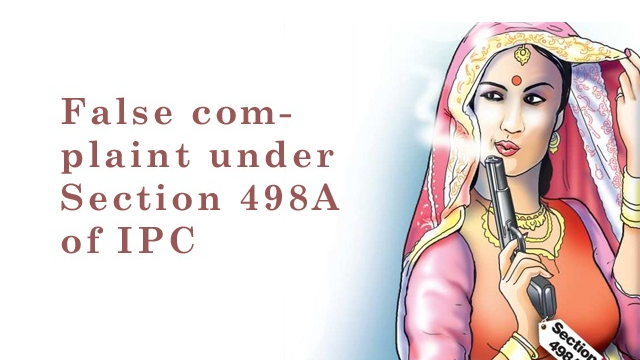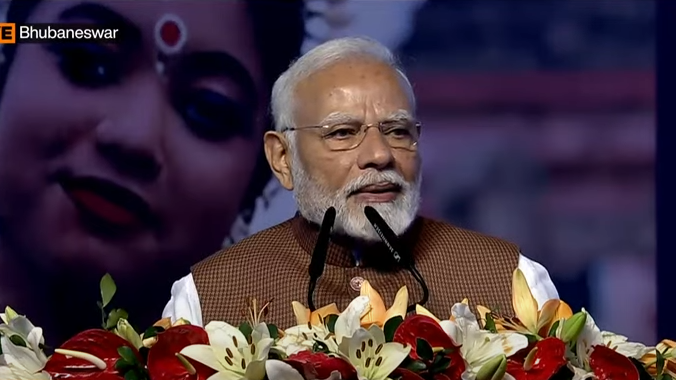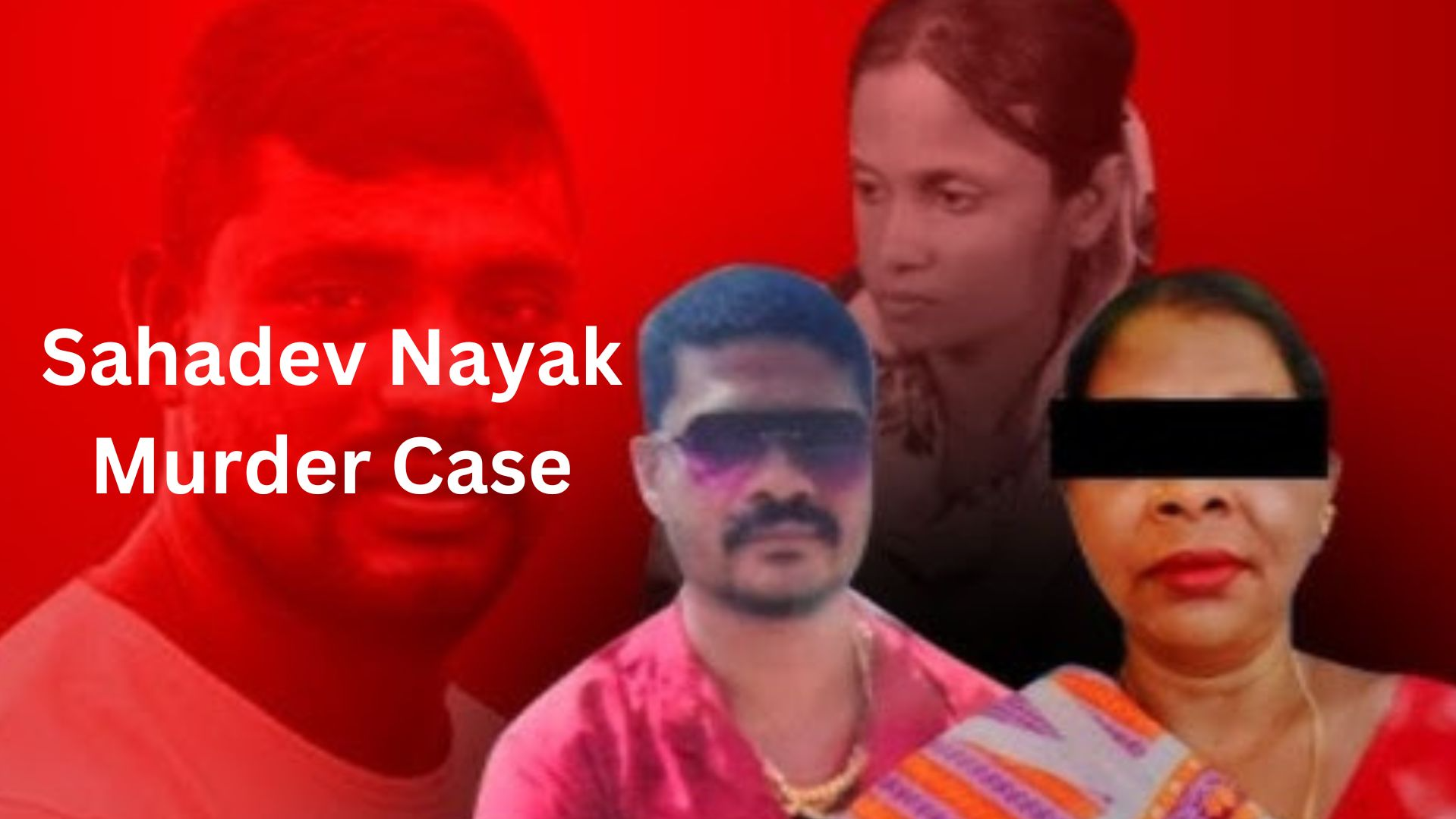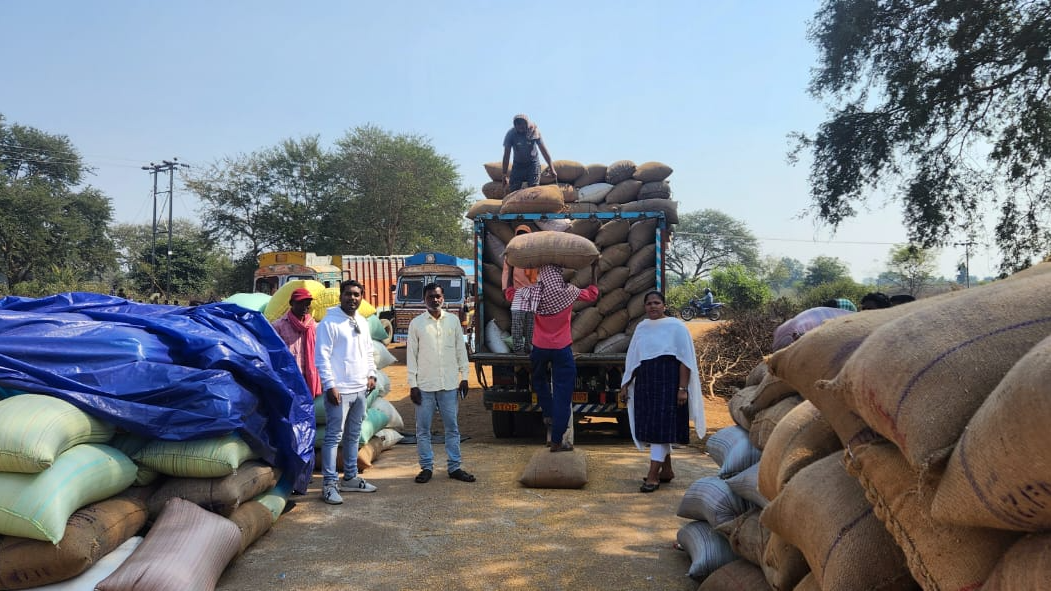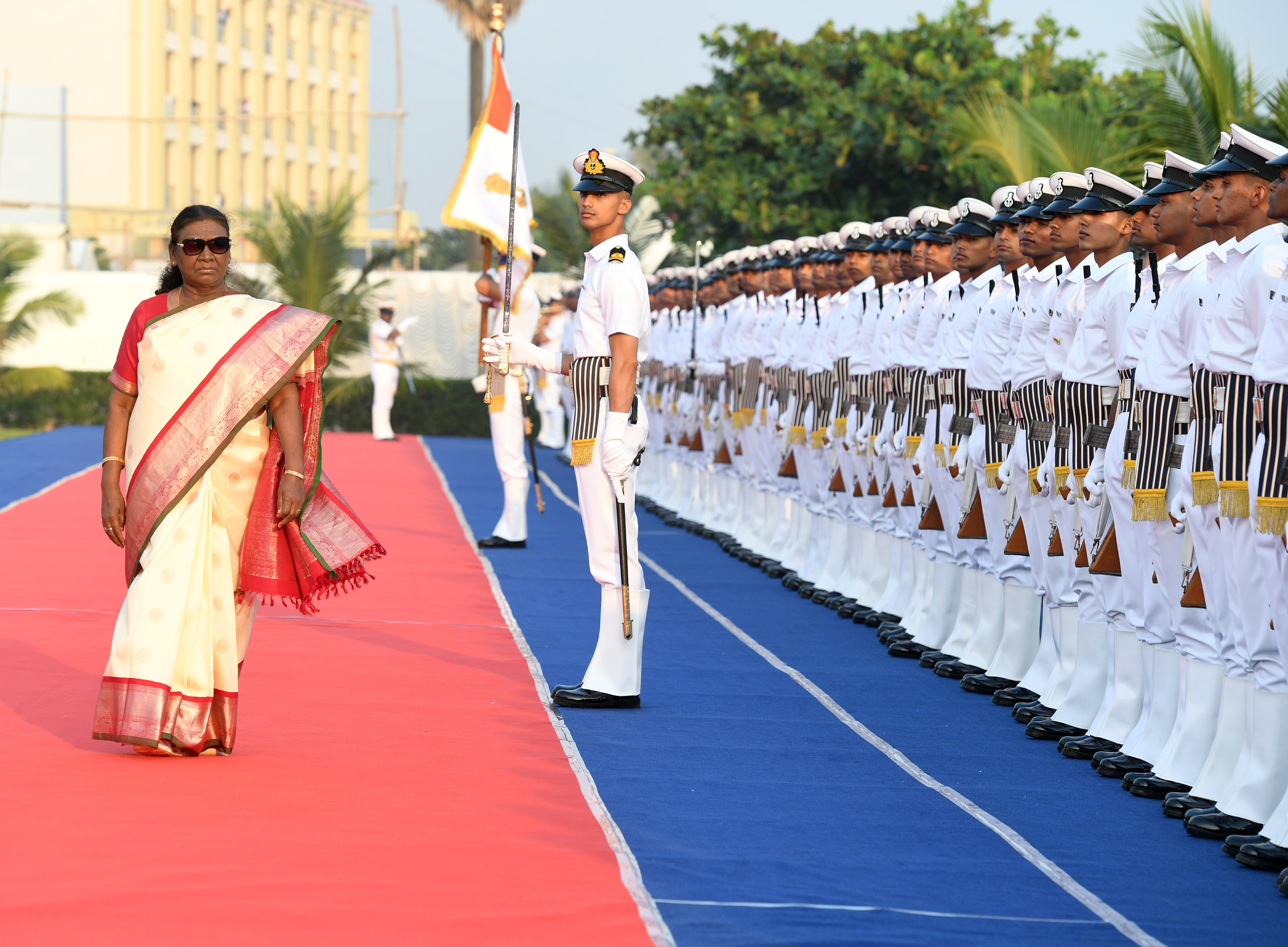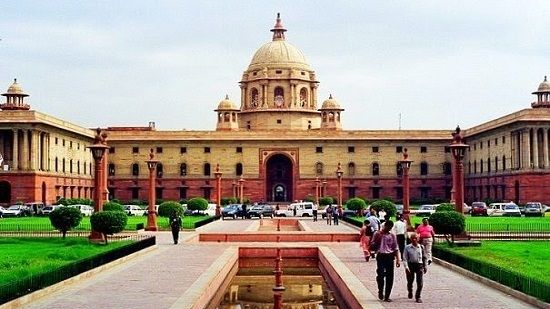By Sanjeev Kumar Patro
Even as the country’s Apex court has today granted bail to arrested Delhi CM Arvind Kejriwal, the crux of the Kejriwal arrest saga lies in whether his arrest by CBI and ED is legal?
Because, Arvind Kejriwal has challenged the legality of his very arrest by both the central prosecuting agencies in the alleged Liquor scam that rocked Delhi.
While in the ED versus Arvind Kejriwal, the bench of Justice Ashok Khanna and Justice Dipankar Datta had referred the legality aspect of Kejriwal’s arrest under Section 19 of PMLA to a larger bench, in the CBI versus Kejriwal, the SC bench of Justice Surya Kant and Justice Bhuyan pronounced a split verdict.
SPILT VERDICT: LEGAL TANGLE EXPLAINED
In today’s judgement, Justice Suryakant mentioned about the three questions the bench had considered. They are:
a)whether there was illegality in arrest by CBI,
b) if he can be released forthwith
c) whether filing of chargesheet is of such nature that he has to only go to trial court.
Addressing the first question, Justice Suryakant said, “There is no impediment in arresting a person who is already in custody for another case for purposes of investigation. CBI in their application has noted why the arrest was necessary and since there was a judicial order. There was no violation of Section 41(A)(3).”
He further said, “Thus, there is no merit (in the argument) that Section 41(a)(3) was not complied with. When a magistrate has issued a warrant the IO stands absolved from giving any reason for the same. We have held that appellant arrest does not suffer from any procedural flaw. Arrest is valid.”
WHAT IS SECTION 41 (A)(3)
It needs mentioning here is Kejriwal’s defence counsel has built their argument against the legality of arrest on the Section 41 A of the Criminal Procedure Code (CrPC).
The purpose of the said section, that was amended in 2010, is issuing a notice under section 41A of the CrPC to appear before the IO (investigating Officer), which will enable the IO to determine the necessity of arrest.
The counsel of Kejriwal argued that CBI had arrested Kejriwal without serving notice under section 41 of the CrPC.
The counsel relied on the provisions under Section 41(A)(3) of CrPC, which says, “Where such person complies and continues to comply with the notice, he shall not be arrested in respect of the offence referred to in the notice unless, for reasons to be recorded, the police officer is of the opinion that he ought to be arrested.”
Justice Suryakant today in his order spelled that section 41 (A) (3) has not been violated as CBI (Investigating Agency) has provided the reasons.
The Dissenting Order
Justice Bhuyan in his order, however, raised questions on CBI’s arrest in 2024, when the agency had interrogated Kejriwal in March 2023. He questioned why CBI arrested him after bail order by SC in ED case. What for the investigating agency waited 22 months to arrest Kejriwal?
He said, “The arrest was only to frustrate the bail granted in ED case.”
WHY BAIL FOR KEJRIWAl? THE LEGAL ANGLE EXPLAINED
While pronouncing the judgment today, Justice Surya Kant said, “FIR was on August 2022. Four chargesheets have been filed, trial court has taken cognisance and 17 accused are still to be examined, so the completion of trial is unlikely in the near future. Therefore, Kejriwal satisfies the triple condition for the grant of bail and we order accordingly.”
WHAT IS TRIPLE OR TRIPOD TEST?
In the criminal jurisprudence system in India, the grant of bail flows from the Article 21 of the Constitution that guarantees right to Liberty. Justice Suryakant has also mentioned Article 21 in his order today.
As per 2024 SC Judgment on Gurwinder Singh vs State of Punab And Ors, the written order states, “The conventional idea in bail jurisprudence vis-à-vis ordinary penal offences that the discretion of Courts must tilt in favour of the oft-quoted phrase - ‘bail is the rule, jail is the exception’, unless circumstances justify otherwise.
In that background, the order further states, “It is only if the test for rejection of bail is not satisfied – that the Courts would proceed to decide the bail application in accordance with the ‘tripod test’ (flight risk, influencing witnesses, tampering with evidence).”
So, the Tripod Test which Justice Suryakant mentioned in his order is:
Flight Risk
Influencing Witnesses
Tampering with the Evidence
WHY THE COURT SAYS KEJRIWAL PASSED TRIPOD TEST?









